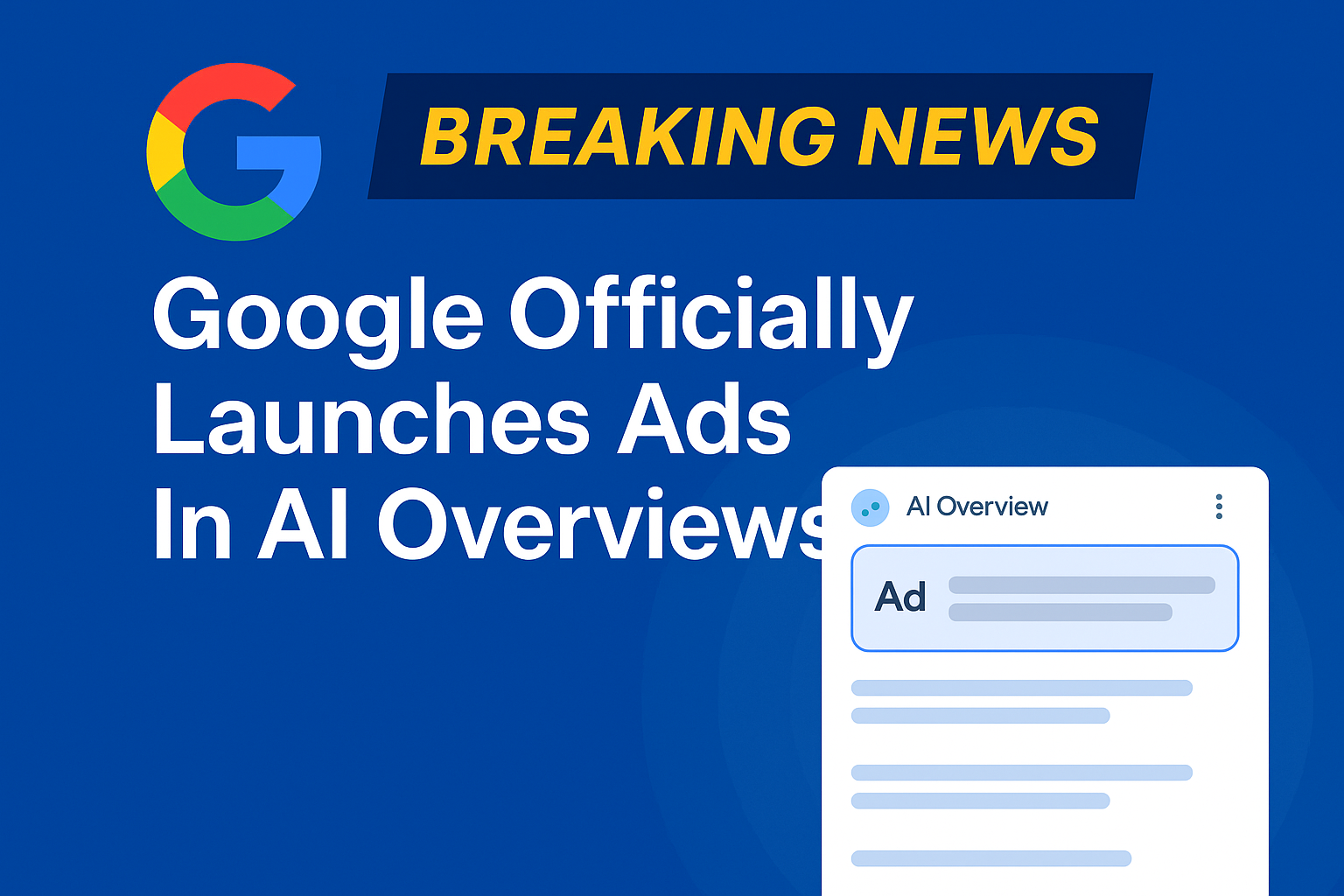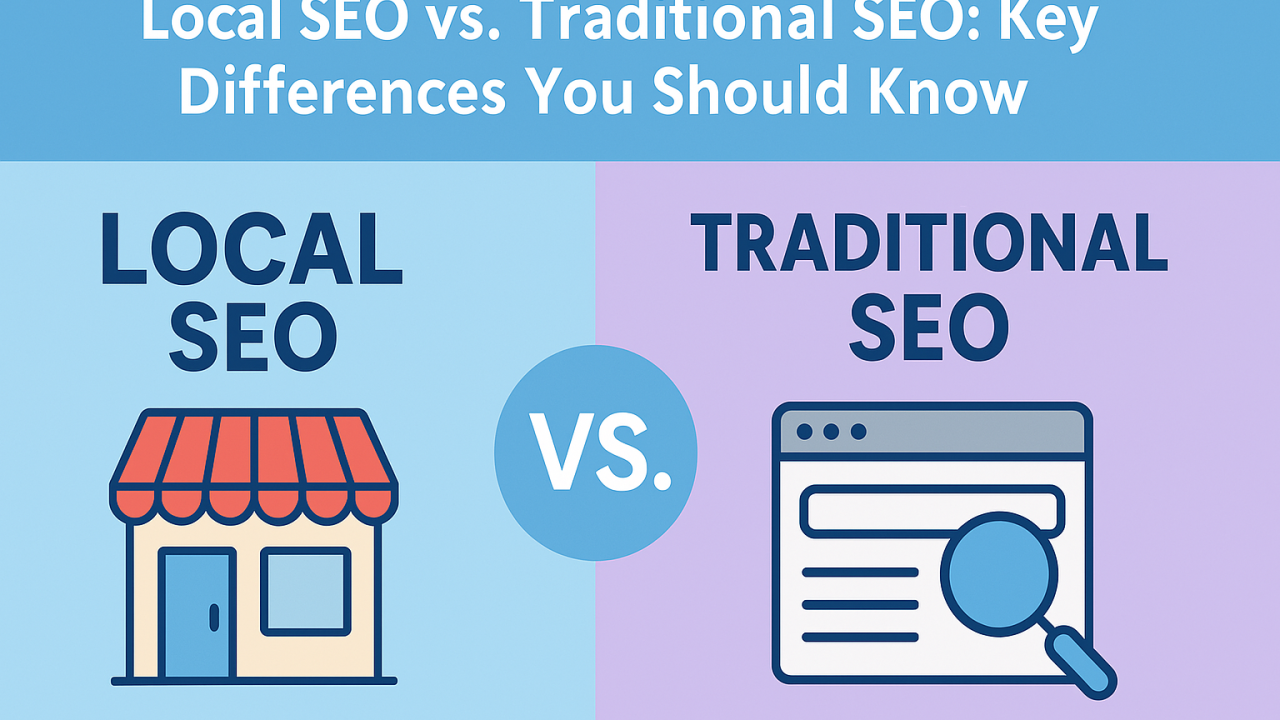Keyword Density in Content: The Truth About How Often to Use Keywords (And Why I Stopped Obsessing Over It)

Let’s be real—SEO can feel like trying to crack a secret code sometimes. One day, you’re told keyword density is everything, the next, you hear it’s dead. (Thanks, Google, for keeping us on our toes. 🙃)
I used to be that person hunched over a spreadsheet, counting keywords like a miser with their last dollar. “Is 2.7% density enough? Should I squeeze in one more ‘best coffee grinder’ for good measure?” Spoiler: That way lies madness. And possibly a very unnatural-sounding blog post.
So, let’s settle this once and for all—how often should you use keywords in your content? Buckle up, because the answer’s less about math and more about, well… not sounding like a robot.
The Myth of the “Perfect” Keyword Density
Back in the early 2000s (aka the Wild West of SEO), keyword stuffing was the strategy. Want to rank? Just repeat “buy cheap shoes online” 47 times in 300 words and call it a day. (Ah, simpler times. Terrible, but simple.)
Then Google got smarter. Their algorithms started prioritizing actual human readability over robotic repetition. Suddenly, that “perfect” 3% keyword density rule felt as outdated as dial-up internet.
Here’s the truth: There’s no magic number.
I learned this the hard way after a client insisted I stuff their page with exact-match keywords. The result? A cringe-fest that read like a broken record. And guess what? It didn’t rank. At all.
What Google Actually Cares About
Instead of obsessing over density, focus on these three things:
- Intent – Does your content answer what the searcher really wants? (Pro tip: If someone searches “how to fix a leaky faucet,” they probably don’t care about your 500-word history of plumbing.)
- Context – Are your keywords woven naturally into helpful, engaging content? Or are they awkwardly shoehorned in like a bad Tinder pickup line?
- Semantic SEO – Google’s smarter than ever. It understands synonyms, related terms, and meaning. So instead of repeating “best running shoes,” try variations like “top sneakers for jogging” or “comfortable footwear for runners.”
How to Use Keywords Without Losing Your Soul (or Your Readers)
Here’s my loose, non-obsessive approach:
- First mention: Work your primary keyword into the title and first 100 words. (But for the love of SEO, don’t force it if it doesn’t fit.)
- Natural placement: Sprinkle keywords where they make sense—headings, image alt text, meta descriptions. If you have to contort your sentence like a yoga instructor to fit it in, skip it.
- LSI & related terms: Use synonyms and topic-related phrases. Google rewards depth, not repetition.
And my golden rule? Read it out loud. If it sounds like you’re trying to sell something to an alien who only understands exact-match keywords, rewrite it.
The Bottom Line
Keyword density isn’t dead—it’s just not the dictator it used to be. Write for humans first, and the algorithms will follow. (And if anyone tells you they’ve cracked the “perfect density formula,” ask them if they also have a bridge to sell you.)
Now, go forth and create content that doesn’t make your readers want to gouge their eyes out. Your rankings (and sanity) will thank you.
Google Officially Launches Ads in AI Overviews: A Game-Changer for Digital Visibility and Brand Strategy In a groundbreaking move set to reshape the digital marketing…
Local SEO vs. Traditional SEO: Unlocking the Right Strategy to Dominate Your Market As the digital landscape evolves, so too must your marketing strategy—especially when…
Outrank the Competition: 10 Powerful Google Business Profile SEO Tricks to Dominate Google Maps in 2025 As local search continues to dominate digital marketing, optimizing…
Beyond the Surface: What’s under the hood matters more than ever for SEO success As artificial intelligence transforms search engines and user expectations evolve, surface-level…
Mastering the Future: How to Align Your SEO Strategy with AI-Driven Discovery In a digital landscape reshaped by artificial intelligence, traditional SEO methods are no…
Turn Your Coaching Framework Into High-Impact LinkedIn Content That Builds Authority LinkedIn is more than a digital resume—it’s a platform for thought leadership, connection, and…






